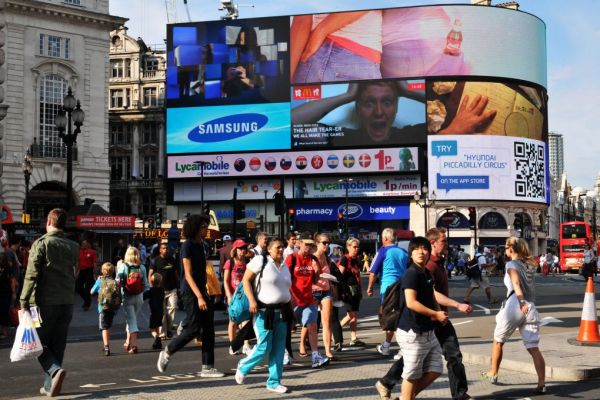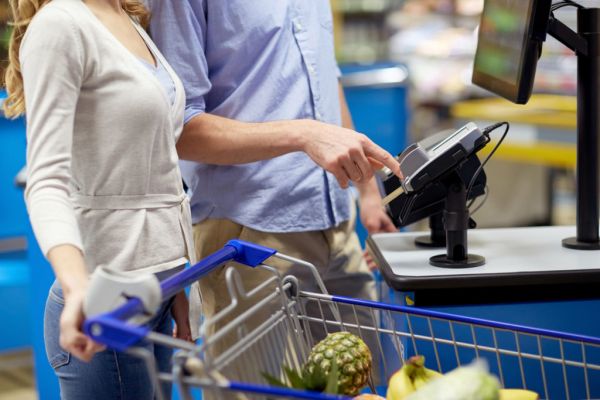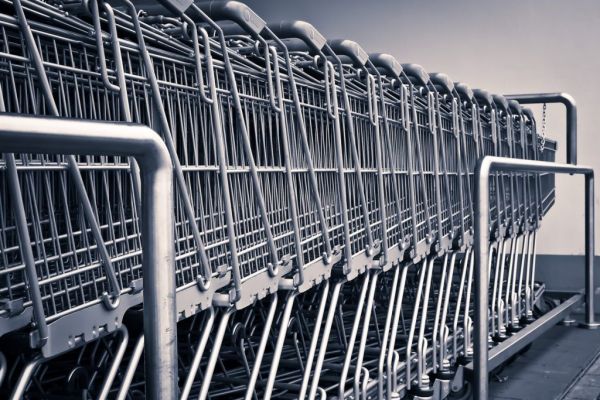The IGD has released a new study, Eating In Vs Dining Out, which explores the impact of the coronavirus pandemic on UK’s food and drinks market.
The pandemic has resulted in a monumental shift in consumers’ eating habits.
In 2019, food and drinks accounted for one third (36%) of consumer spending, while retail accounted for two thirds (64%).
This year, the balance of consumer spend on retail and foodservice will be impacted significantly due to lockdowns and closure of all non-essential shops, pubs, restaurants and cafes to contain the pandemic.
Peter Backman, foodservice consultant and co-author of the report, said, “Consumer demand will drive and shape the eating in and dining out markets more than ever before, so suppliers, foodservice operators and retailers will need to react, adjust and innovate to allow for evolving scenarios. The food industry has always been fast-paced; it’s about to get faster.”
The Four Scenarios
Taking into account the impact of the pandemic, the study outlines four hypothetical scenarios to help food retail and foodservice companies plan for the future.
The first scenario, titled ‘The Great Reset’, is the most positive and sees food and drinks consumption largely shift to home.
It considers retail sales to remain high but flatten as lockdown restrictions are gradually lifted and people start to eat out again.
Head of shopper insight at IGD, Rhian Thomas, commented, “In this highly uncertain environment, it is crucial that retailers and suppliers are able to respond successfully and quickly to events as they unfold.
“Considering which changes in shopper behaviour will become permanent will help identify the solutions that you want your business to nurture. Retailers must prepare for the reopening of the out-of-home sector and the impact on your business.”
The second scenario, dubbed as the 'Decade of Drift', considers the virus to be manageable.
However, it projects a severe financial impact on households and businesses as well as a longer period for economic recovery.
Companies are seen to accelerate cost-cutting and efficiency programmes, resulting in lower levels of new product development.
The third scenario is 'Technical Isolation', which sees businesses and consumers turn to technology and digital services.
Online is considered as the safest way to shop and investments are diverted from improving and expanding stores to the digital channel.
The last scenario, 'Globalisation reversed', which is also the most severe as it combines the negative impact of the virus and the economy.
It sees a regression in globalisation, which creates pressure on supply chains and businesses to find operational efficiency.
This scenario also projects an extensive rebuilding of the supply chain, with some products becoming seasonal or disappearing completely.
Thomas, added, “Suppliers should consider multiple views of the future that adopt different growth rates all while focusing on ways to support your retail customers.
“Identify parts of your business or brands that will perform well or are at risk as a focus on value will put pressure on pricing and potential margins.”
© 2020 European Supermarket Magazine – your source for the latest retail news. Article by Dayeeta Das. Click subscribe to sign up to ESM: The European Supermarket Magazine.














